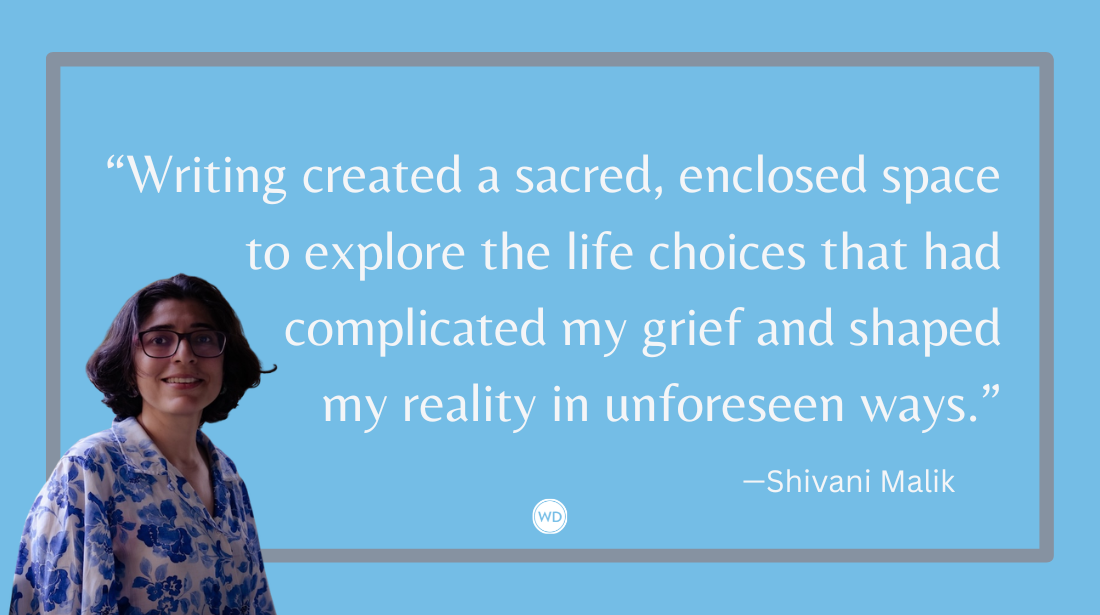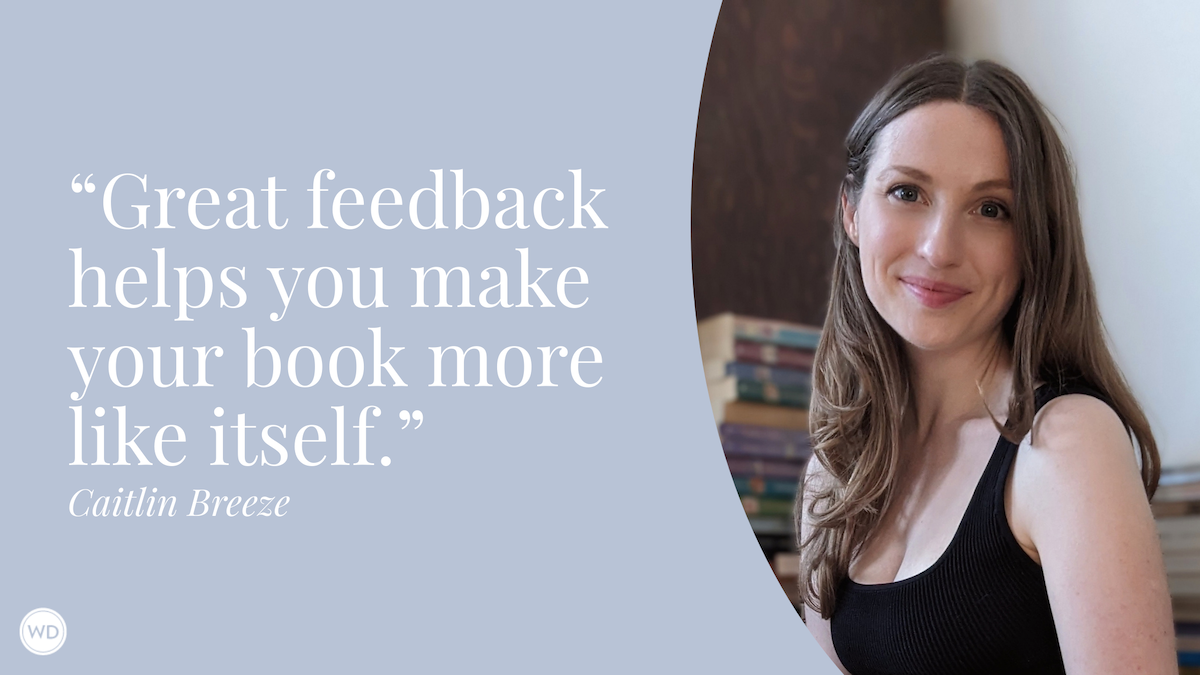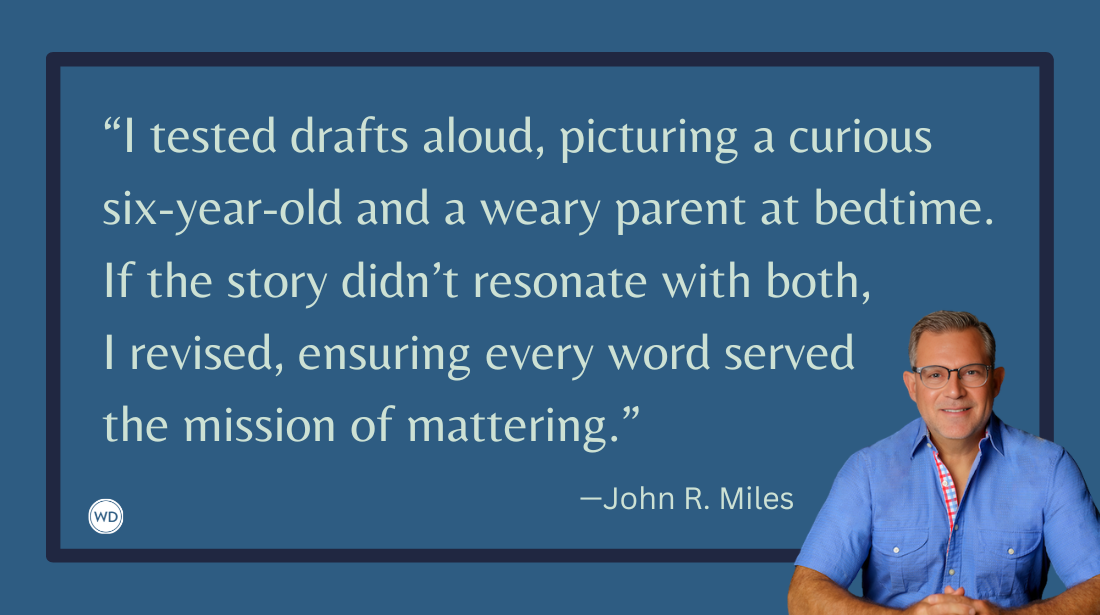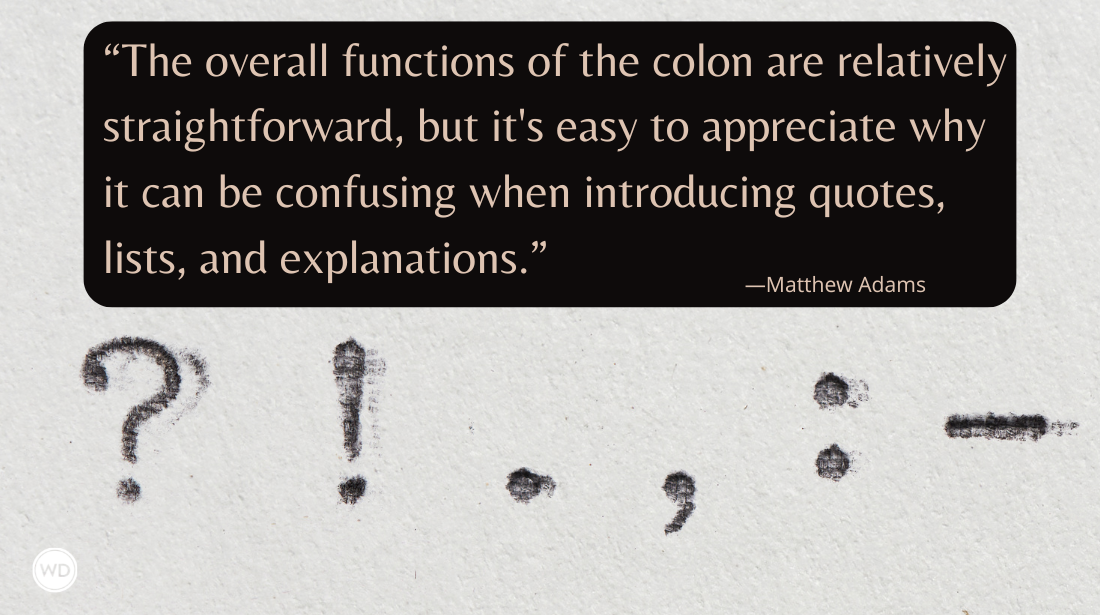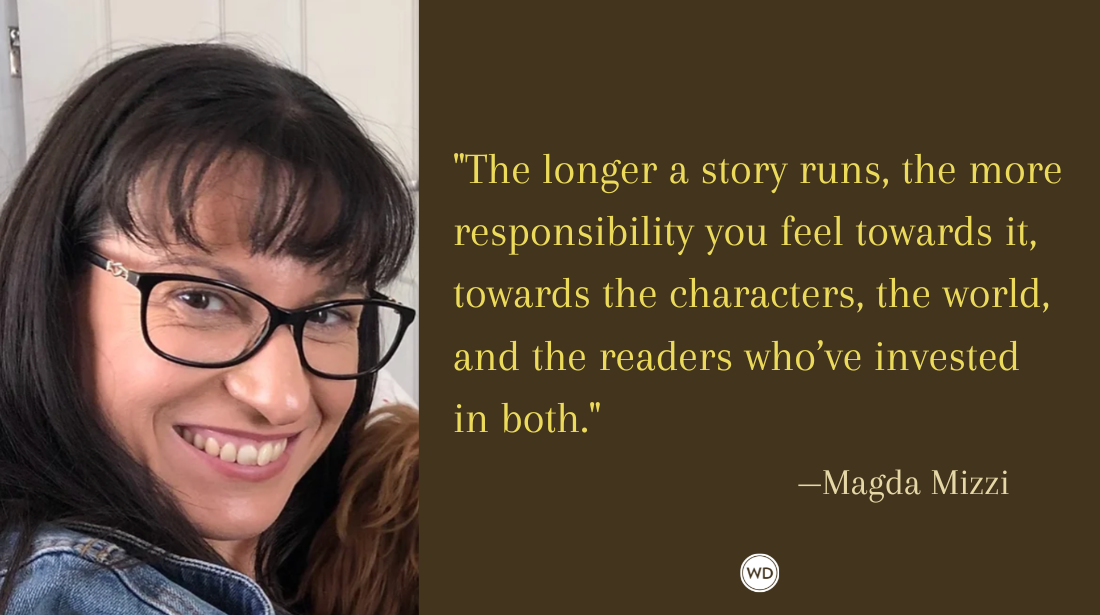5 Tips for Writing About Controversial Topics
Bestselling author Syed M. Masood shares his top 5 tips for how to handle a controversial topic in your work.
I might not be the right author for this piece. I just want to admit that upfront.
Yes, my work is considered controversial in some quarters. I mean, my next book is called The Bad Muslim Discount. Obviously, that was always going to raise some eyebrows.
But I truly don’t set out to be controversial. My fictional worlds are based on the truths I know and have experienced. My goal has always been to tell these truths in the most entertaining way possible. That’s it. It just so happens that there are people—holding a wide variety of beliefs on the ideological spectrum—who find these truths uncomfortable. That, so far as I am concerned, is more of a ‘them’ problem than a ‘me’ problem.
So, what I’m saying is that if you are at your keyboard cackling like a supervillain because you’re looking to piss people off for the sake of pissing people off, I really have nothing to offer you. We’re not writing from the same place. But most authors, I believe, are just trying to tell the stories they know best and, sometimes, these stories happen to deal with controversial subjects.
So, for those kindred spirits, here are some tips on how to write—and perhaps cope with having written—something controversial.
1. Offend with Purpose
There is nothing wrong with offending the right people. When you’re making a point, especially about complex, sensitive, or painful topics, you are going to irritate some people.
If I say, to use a simplistic and clear-cut example, that “racism is evil,” and that offends racists…well, good.
What you want don’t want to do is give offense unintentionally. You don’t want to offend people you aren’t trying to offend. Mean what you say without being mean as often as possible.
2. Ask Yourself "Why"
Know the reason you are writing about a difficult subject. Have a purpose behind the story you are telling.
In The Bad Muslim Discount, one of the issues the characters grapple with is what it means to be Muslim and what it means to be American, and not everyone is going to agree with the conclusions my characters reach. That’s totally cool. The purpose is to have the conversation, to see some of the different sides of it, to appreciate that reasonable and good people can disagree.
Obviously, I’m personally invested in this discourse. It is important to me. Make sure what you’re writing about is important to you. That’ll help you treat it with respect.
IndieBound | Bookshop | Amazon
[WD uses affiliate links.]
3. Write with Love
My YA novel, More Than Just a Pretty Face, deals with a very different set of issues. It addresses, among other things, issues within the desi, Muslim community that I feel need to be addressed.
I have a great deal of affection for the people who make up this community. I am from them. So, when I do point out areas we need to work on, I’m not doing so with malice, but with hope.
This also allows you to write characters who disagree with your points of view with more empathy and accuracy, by the way. You can side with a son who wants to pursue his dreams and be a chef. But you don’t have to make the father who worries about how viable a career that is for his kid a villain if you at least attempt to understand him.
4. Write the Truth
Yes, all fiction is fiction. And, no, I’m not saying not to write fantasy or sci-fi worlds. I’m saying that if you write about controversial topics, tell the truth as you understand it. You might be wrong, but you’re going to have an easier time dealing with questions that are posed to you (and, more importantly, an easier time living with yourself) if you did your best to be honest in your writing.
Also, you’ll have an easier time selling your work, in my opinion. People say “sex sells,” and that’s true, but earnestness—even if it isn’t as much fun—also sells.
5. Be Balanced
Don’t worry about what people say about your themes. Worry about what they say about your craft.
When More Than Just a Pretty Face came out, I was a little surprised by some of the criticism I got. I knew that my novel for adults, The Bad Muslim Discount, had the potential to stir the pot a little, but my sweet YA rom-com? I was not expecting any backlash.
But I did get some. I don’t read reviews anymore (a practice I highly recommend), but even then, people will tell you things. Sometimes they’ll even tag you on social media. Sometimes your mom will go on Goodreads and want to know why some people think the Muslim representation in your book isn’t accurate.
Don’t worry about it. I know that is easier said than done, but it is also easier if you’ve followed Tips 1 through 4. Find peace with your work. You told the truth, you told it with love, you were precise, and you had a purpose. You did good.
One of the highest compliments I received was someone saying they were offended by More Than Just a Pretty Face but couldn’t stop reading it. I am absolutely, completely good with that, and I think you should be too.
Syed M. Masood is the author of The Bad Muslim Discount (February 2, 2021; Doubleday) and More Than Just a Pretty Face (August 4, 2020; Little, Brown and Company). A first-generation immigrant twice over, he grew up in Karachi, Pakistan, and has been a citizen of three different countries and nine different cities. He currently lives with his family in Sacramento, California, where he is a practicing attorney. You can visit him at syed-masood.com.




